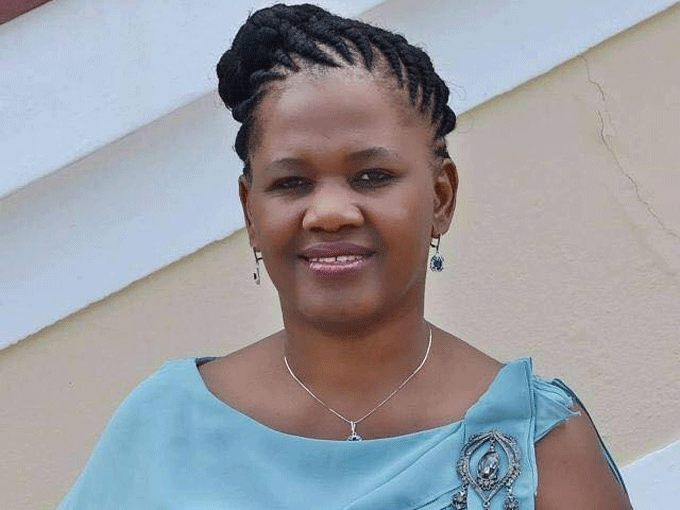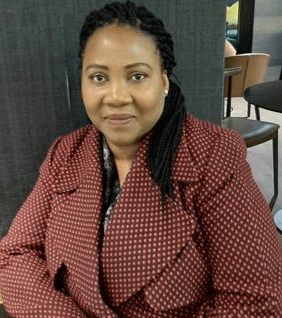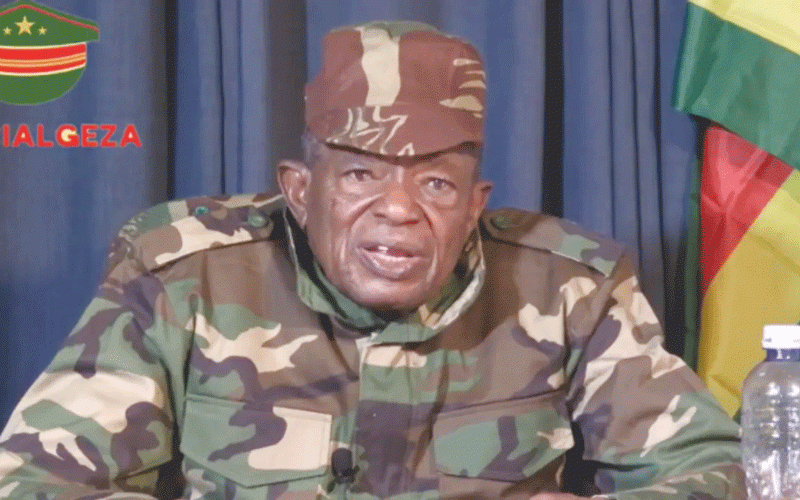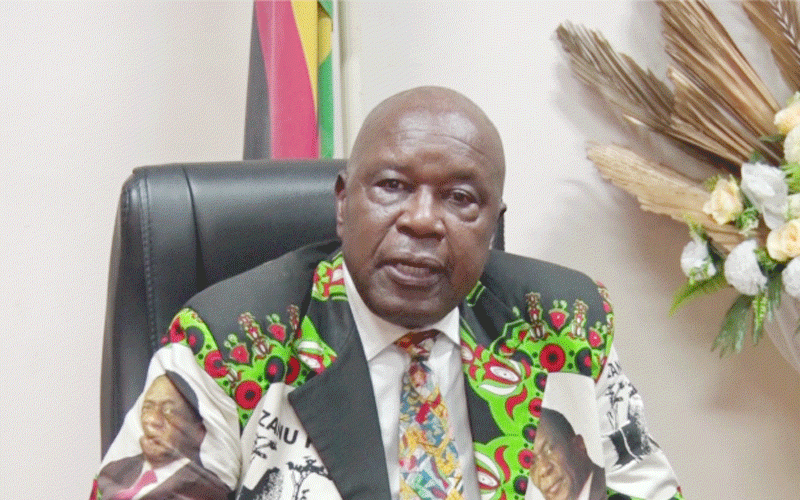
By Moses Magadza/Clare Musonda
Many countries, including those in the Sadc region, have signed up to a plethora of regional and international instruments that seek to improve the living standards of their citizens.
The instruments include the UN Convention on the Rights of the Child, the African Charter on the Rights and Welfare of the Child, the African Youth Charter, the UN Declaration of Human Rights, the UN International Covenant on Economic, Social and Cultural Rights; the UN Convention on the Elimination of All Forms of Discrimination against Women, the UN Convention against Torture and Other Cruel, Inhuman or Degrading Treatment and the UN Convention on the Rights of Persons with Disabilities.
National parliaments all over the world are mandated to hold their governments to account with respect to the use of state resources in the realization of the rights encapsulated in these instruments. For many years, some national parliaments have struggled to play this role due to many challenges, including lack of an effective public financial management architecture and inadequate support to parliamentary committees.
To fill this gap, the Sadc Parliamentary Forum, which brings together 15 Sadc national parliaments, is developing a Sadc Model Law on Public Financial Management to — among others — promote good governance, accountability and transparency in the use of public resources.
The Model Law also aims to ensure that the public budget presented every year describes how public resources are being spent to respond to the Sustainable Development Goals (SDGs), Universal Health Coverage and other international treaty-based commitments in view of facilitating their monitoring by both public and private stakeholders.
Namibia’s Finance deputy minister Maureen Hinda-Mbuende has sounded upbeat about this model law, saying it can bolster related checks and balances within the region.
Last week, the Sadc PF convened a virtual consultative meeting with representatives of ministries responsible for finance, economic development, good governance and institutional reforms from all over Sadc to comment on the draft of the model law. Representatives of planning commissions and accountants general from Sadc member states also attended the meeting.
- Chamisa under fire over US$120K donation
- Mavhunga puts DeMbare into Chibuku quarterfinals
- Pension funds bet on Cabora Bassa oilfields
- Councils defy govt fire tender directive
Keep Reading
Hinda-Mbuende, who was the keynote speaker urged the Sadc PF to ensure that the evolving model law augments PFM tools that Sadc member states already have in place to ensure that what is budgeted for is implemented and that governments live within their means.
“Some of the checks and balances include the executive having to seek approval from the legislature before any taxes, fees or fines can be imposed and for any expenditure,” she said.
“This arrangement also empowers the legislature to conduct oversight on public expenditure during the implementation process of the budget or ex post oversight as facilitated by our supreme audit institutions (SAIs) through our Parliamentary Standing Committees on Public Accounts where they exist.”
Hinda-Mbuende welcomed the consultative process, saying it provided an opportunity for stakeholders to reflect on the laws and regulations in their countries to align them with current international standards.
She underscored the role of sound PFM frameworks in ensuring peace and stability, good governance and access to basic services.
“You are, therefore, required to consider if the content of the Model Law will be helpful in providing a normative framework which can help to tighten the regulations governing the utilisation of public resources in the Sadc region,” she said while referring to the consultation exercise.
Speaking at the same occasion, Sadc PF secretary-general Boemo Sekgoma explained that the model law was being crafted with a view to making it a “gold standard” on the use of public resources.
Sekgoma said line ministries were key in preparing budgets, managing public debt, engaging in state expenditures and monitoring to avoid discrepancies while disbursing funds.

Delegates hailed the draft model law and made comments.
Monaosyile Mhango from Malawi suggested that the draft should include issues of macroeconomic policy, national budgeting, risk management and guidance on formulating policies on public financial investments.
As a critical analysis, she emphasised the need to focus on the functions of the accountant general and the auditor general.
On Parliamentary engagement and controls, Mhango said Malawi and other Sadc member states already had a number of parliamentary committees such as the Budget and Finance Committee.
On the monitoring of state-owned enterprises and their financial performance, she acknowledged that the Model Law on PFM would be of paramount importance to buttress parliamentary oversight. Clause 6 of the Model Law provides a schedule applicable to state-owned enterprises.
Ellen Maduhu from Tanzania also thought that the model law was a step in the right direction.
“Tanzania believes that this model law will be a guiding instrument for national parliaments to reinforce their domestic legal frameworks on PFM. We have gone through the draft. It is a good draft but we have some few points to make,” she said.
She recommended that the draft should contain a section that describes and underscores the importance of internal audits in a country. She explained that Tanzania had developed a specific Local Government Act on finance that makes provisions related to sources of funds, revenue and management of such.
“In this regard, we propose that the Sadc Model Law on PFM should recognise that some Sadc countries have laws with regard to public funds managed by local authorities,” Maduhu stated.
She added that for purposes of certainty, there was a need to provide for the opening of bank accounts by government.
Additionally, she advocated for inclusion in the model law of a section on how member states can curb misuse of supplementary budgets.
Elizeus Kalungendo, also from Tanzania, called for a section providing guidance on how financial statements for governments should be prepared.
On that note, veteran legal drafter Daniel Greenberg, who is drafting the SADC Model Law on PFM with the support of a technical working group, explained that the model law seeks to strike a delicate balance between clarity and simplicity on the one hand and flexibility and certainty on the other. He accordingly argued that it would be difficult to be prescriptive through a model law “without denying contextualisation and flexibility”.
He, nevertheless, concurred that there was need for the model law to be sufficiently clear to avoid missing the fundamental principles of PFM.
From Zambia, Kennedy Musonda felt that the model law should offer guidance on how member states can deal with conflicts that might arise from other laws on PFM.
Daisi Kachingwe Phiri felt that there was need for clarity on how donations and grants given to member states should be accounted for.
“How does the model law treat donations and grants from organisations that are operating in various Sadc countries? Is it public money? How is accountability of those funds treated in the model law?” he asked.
Greenberg explained that in some countries, this is done through internal audit requirements that in some instances have to meet conditions set by providers of the grants or donations.
Segkoma said it was important for the delegates to understand “the main provisions of the model law” to be able to strengthen what obtains at national level “at the appropriate legislative opportunity”.
She added that the consultations on the Model Law on PFM was particularly to garner the views of different stakeholders for rationalization purposes, as opposed to defending a particular position on PFM.
She emphasized: “At this stage, diverging views of stakeholders are welcome since this allows the model law to be tested. Ultimately, the validation of the most relevant provisions to include will be conducted by the relevant standing committees of the Sadc-PF”.
- Moses Magadza is a communications and media specialist reading towards a PhD in Media Studies while Clare Musonda, a lawyer and social scientist, is the director of corporate governance at Sadc PF.









